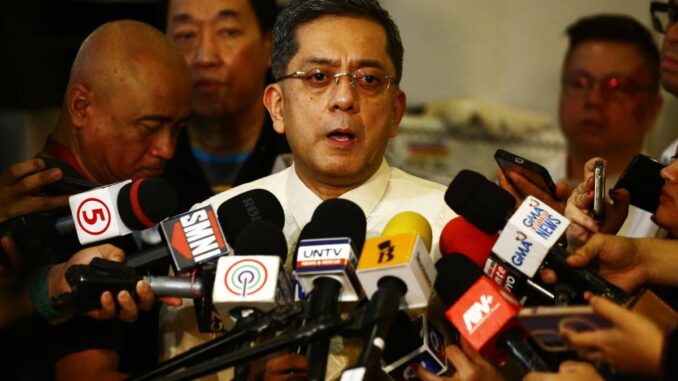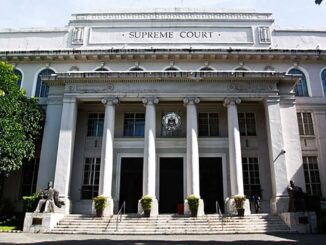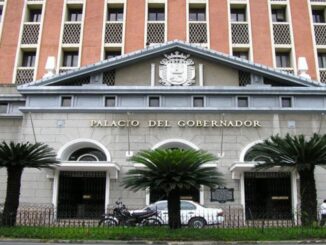
THE Commission on Elections’ (Comelec) preparations for the May elections continue even as it addresses concerns over disqualification cases and ballot printing schedules.
In an interview over the weekend, Comelec Chairman George Garcia said the names of candidates with pending disqualification or cancellation cases might still be excluded from the final ballot list, provided their cases were resolved before printing.
He gave assurances that the Comelec would abide by Supreme Court decisions on disqualification cases but cited the logistical challenges of altering ballot configurations mid-process.
“If the Supreme Court issues a restraining order after ballots are printed, we cannot just modify our election management system (EMS) to add or change names. Reprinting ballots for affected areas might be the only option, though this is costly and time-consuming,” Garcia said.
The printing of 73 million ballots is scheduled to start on Jan. 8 and is expected to take 77 days to complete.
The Comelec’s new printing machines are expected to produce 800,000 to 1 million ballots daily.
“Training for operators and ensuring international certification of the hardware and software are ongoing to maintain the integrity of the process,” Garcia said.
A particular focus is on the 1.241 million registered overseas voters.
Garcia said internet voting would be implemented in 17 posts, covering approximately 11,000 voters. The rest will utilize traditional ballot methods, requiring additional logistics for printing and delivering overseas ballots.
He discussed the issue of premature campaigning, noting that it is allowed until the official campaign period begins.
However, he called on candidates to act responsibly, emphasizing the intelligence of Filipino voters in discerning genuine intentions.
Garcia also acknowledged calls for exemptions to the public works ban during the election period, particularly for essential infrastructure projects.
“The 1985 law imposing an absolute ban may no longer reflect the realities of 2025. Projects like repairing roads or bridges damaged by calamities should not be halted if they genuinely benefit the public,” he said.
Garcia reiterated that social services distributed during the election period must strictly adhere to Comelec guidelines to prevent political exploitation.
“Only government employees, not politicians, should handle the distribution. These services are for the people, and no one should use them to gain political advantage,” he said.
Garcia said the Comelec is committed to ensuring fair, transparent and efficient elections despite challenges such as disqualification cases and tight timelines.
He called for public understanding and cooperation as the commission tackles the complexities of modern elections.





Be the first to comment